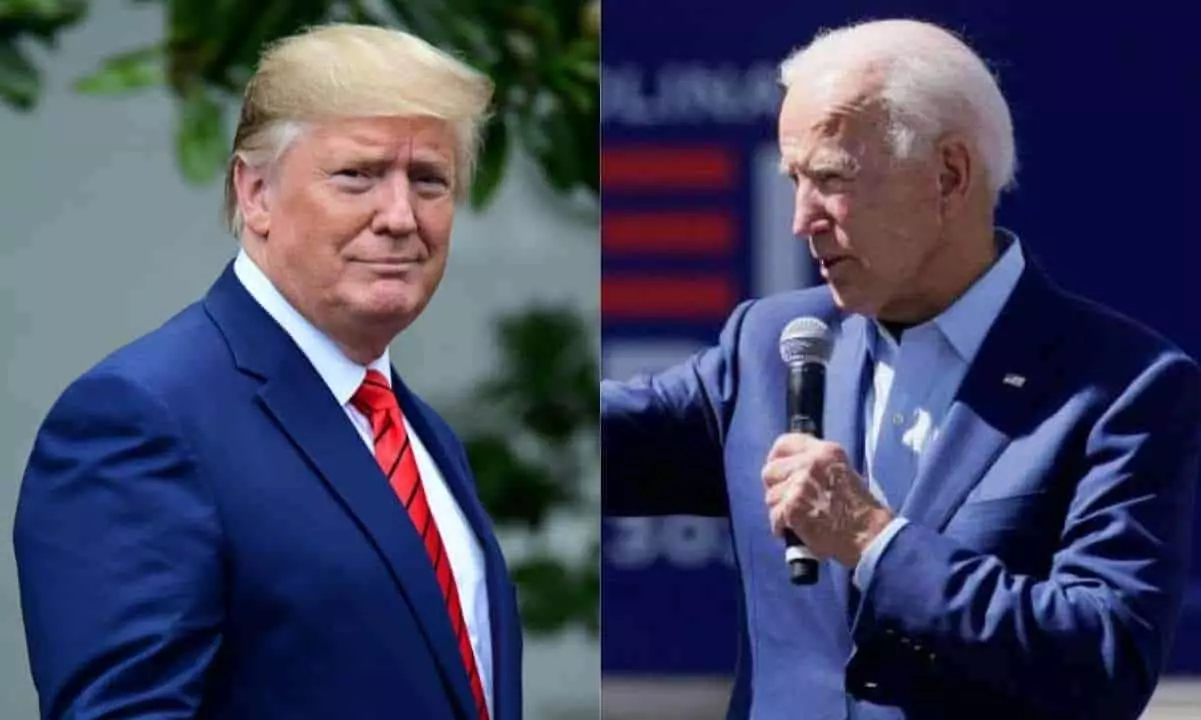Cryptocurrency is quickly becoming a significant topic of discussion in the U.S. presidential election. According to a recent survey conducted by Digital Currency Group (DCG), about one in five registered voters consider crypto to be a major issue in the upcoming 2024 election. This shows a clear shift in the political landscape, with more voters eager to hear where the candidates stand on this emerging asset class.
A striking 40% of voters expressed the desire for their candidates to address crypto-related topics more thoroughly. The majority of respondents also voiced the opinion that current crypto regulations are in need of a major overhaul. This highlights a growing awareness among the electorate of the importance of establishing clear and effective guidelines for the cryptocurrency industry.
Despite the increasing interest in crypto among voters, only a small percentage (14%) reported having exposure to cryptocurrencies. Additionally, nearly 70% admitted to feeling uninformed about this asset class. The survey revealed a lack of trust in elected officials’ ability to comprehend innovative technologies like crypto. Many voters expressed concerns that policymakers may hinder innovation through excessive regulation.
At present, there is a significant political divide among lawmakers regarding cryptocurrency regulations. Democrats advocate for stringent rules within the industry to safeguard consumers, similar to those in traditional banking systems. On the other hand, Republicans favor a lighter regulatory approach that avoids pushing the industry overseas. Former President Donald Trump, a Republican candidate, has shown support for the crypto industry despite previously adopting a critical stance on Bitcoin.
Republican lawmakers made a recent move in Congress to overturn SAB 121, an accounting guideline supported by the Democratic-led White House. This guideline had prevented banks from offering crypto asset custody services. The survey conducted by DCG revealed that half of the respondents would be more inclined to invest in crypto if it was offered by a well-established and regulated firm. The survey included voters from key swing states like Michigan, Nevada, Ohio, Montana, Pennsylvania, and Arizona.
The role of cryptocurrency in the U.S. presidential election is rapidly evolving, with voters increasingly recognizing its importance. The differing opinions on crypto regulation among policymakers highlight the complex challenges facing the industry. As the election approaches, it will be crucial for candidates to address these issues and provide clear strategies for the future of cryptocurrency in the United States.

